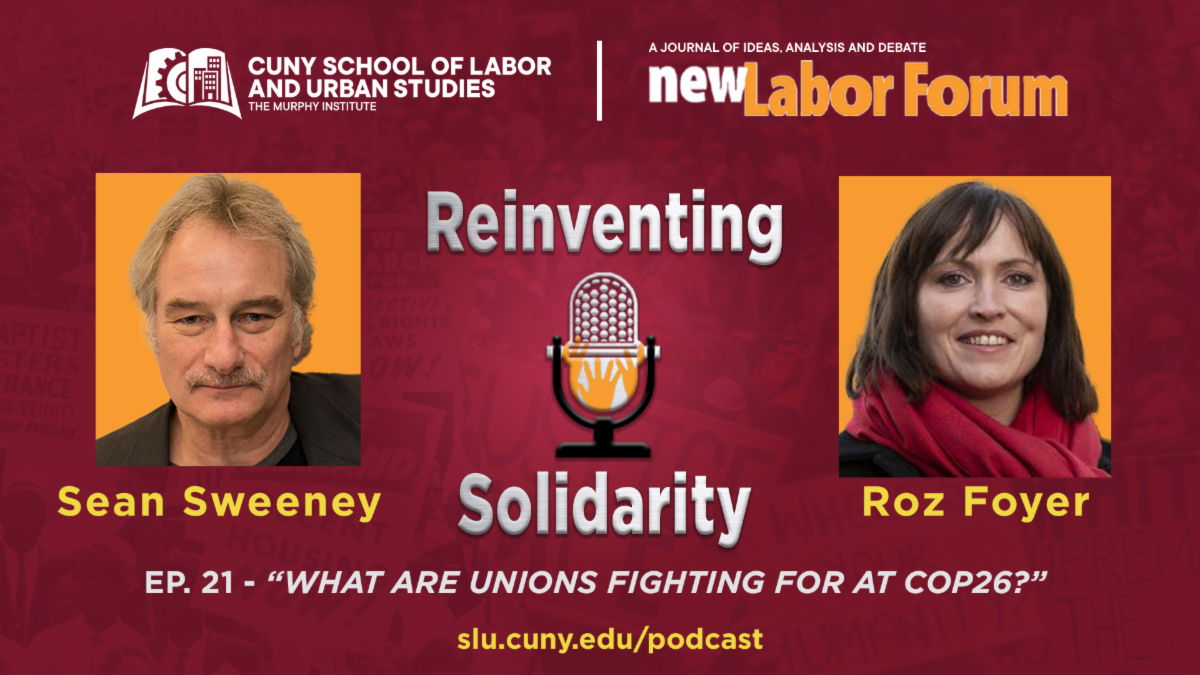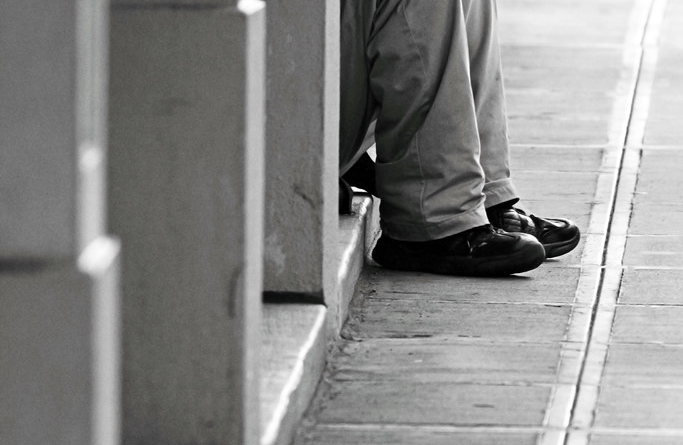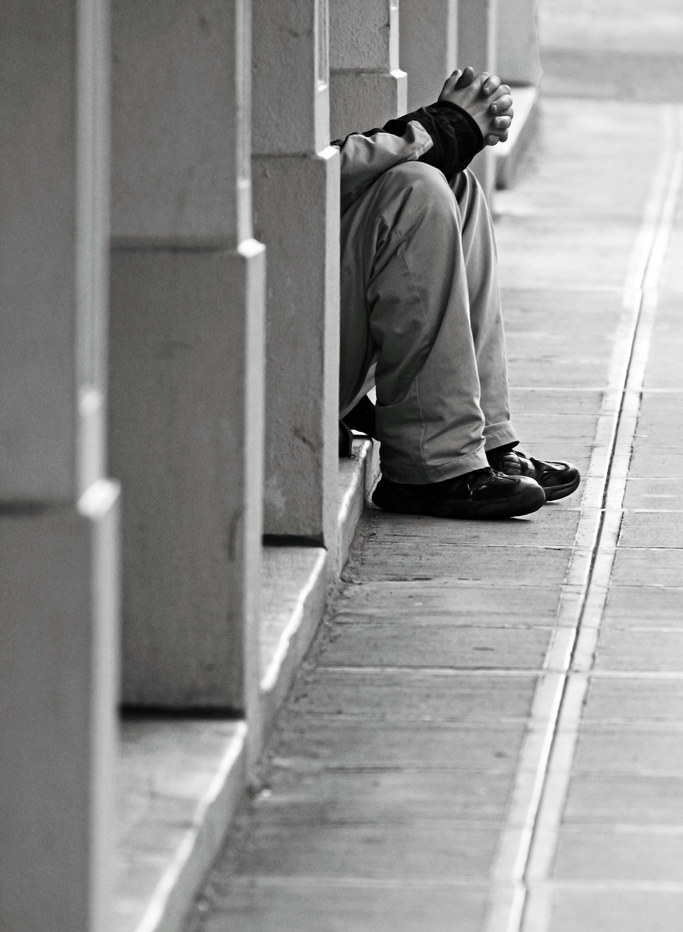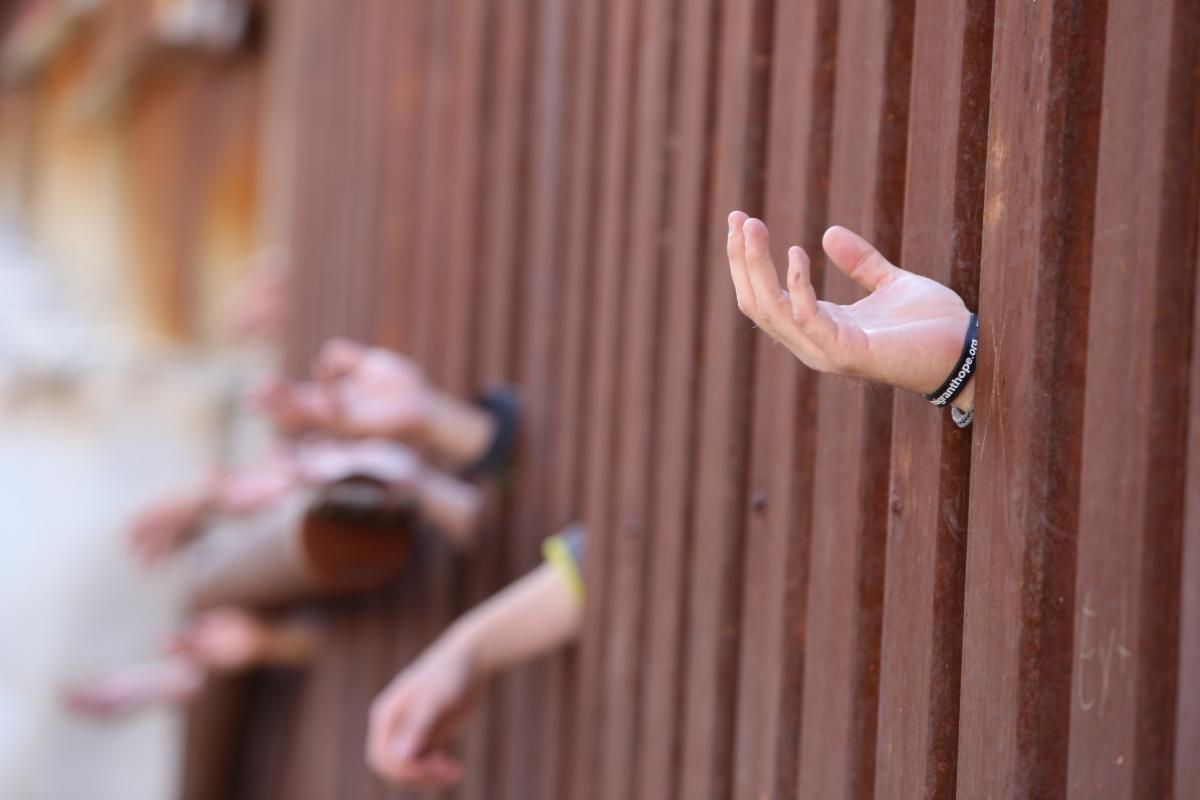What Does Immigration Reform Have to Do with Climate Change?

NLF Highlights for November
Comprehensive immigration reform has eluded Congress for decades. This, despite the millions of undocumented immigrants living perilously in this country and the thousands treacherously arriving at the border. In this regard, Deepak Bhargava argues in a feature article for New Labor Forum, Democrats have long been hobbled by their own ambivalence and lack of vision. The failure to fix what everyone agrees is a broken system, he observes, provides a gift to Republicans and a right-wing skilled at exploiting xenophobic impulses to upend progressive priorities. With the widely predicted, exponential increase in migration resulting from climate change, Bhargava suggests the need for immigration reform will become both more urgent and more complex. It’s this latter point that Saket Soni raises in an article for Common Dreams, proposing that “Just as homes, hospitals, and schools need to be retrofitted or even rebuilt completely to face the climate crisis, legal regimes need to be reconceived to meet the current moment—starting with the U.S. immigration system.”
These conversations take place as the COP 26 UN Climate Change Conference gets underway in Glasgow. New Labor Forum columnist Sean Sweeney is there and hosts a podcast with Roz Foyer, General Secretary of the Scottish Trades Union Congress. They discuss the work of unions and their allies to advance a “Global Public Goods” approach which holds the potential to address the climate emergency through the extension of local public ownership and public control of key sectors such as energy, transport, and the financial system.
Table of Contents
-
-
- Social Democracy or Fortress Democracy? A Twenty-First Century Immigration Plan / Deepak Bhargava, New Labor Forum
- Immigrants Are Essential: A Manifesto for the Covid-19 and Climate Change Era / Saket Soni, Common Dreams
- Reinventing Solidarity Episode 21: “What are unions fighting for at COP26?”
- “Challenging Monopoly: Antitrust Reform, Worker Rights & Economic Democracy“/ CUNY SLU Virtual Event
-
by Deepak Bhargava, New Labor Forum
In 1903, W.E.B. DuBois observed that “The problem of the twentieth century is the problem of the color-line—the relation of the darker to the lighter races of men in Asia and Africa, in America and the islands of the sea.”[1] Today, more than hundred years later, the color-line endures. One of its most contentious manifestations is the worldwide debate about mass migration. Nativism is a leading edge of authoritarian politics and resurgent racism across the globe. In the United States, it has fueled the fire of Trumpism. Right-wing forces . . .
Read the full article here
by Saket Soni, Common Dreams
May 2020 brought America the first climate disaster of the COVID-19 era. Record rains came, not in Florida, not in North Carolina, but to an unlikely place: Michigan. Two months into the pandemic, the torrent burst two massive, antiquated dams. Downstream, more than ten thousand people were faced with the choice that tens of millions of immigrants understand only too well: to stay or to leave?
Read the full article here

This episode airs as COP26, the 2021 U.N. Climate Change Conference, gets underway in Glasgow, Scotland. Our guest, Roz Foyer, General Secretary of the Scottish Trades Union Congress, notes that this year’s Conference takes place during a time of growing awareness of market-driven forces’ failure to deliver the scale of energy transition that scientists agree is necessary to sustain life on this planet. She and Sean Sweeney also observe that people across the world have witnessed the necessity of large-scale government action to combat the COVID-19 pandemic. Both realities have given rise to worldwide calls for a similar, Global Public Goods approach to climate change. Roz suggests the shape such an approach might take as she discusses on-the-ground challenges in Scotland regarding public transportation, retrofitting, and other sectors crucial to climate change.
Listen here: SLU.CUNY.EDU/PODCAST





